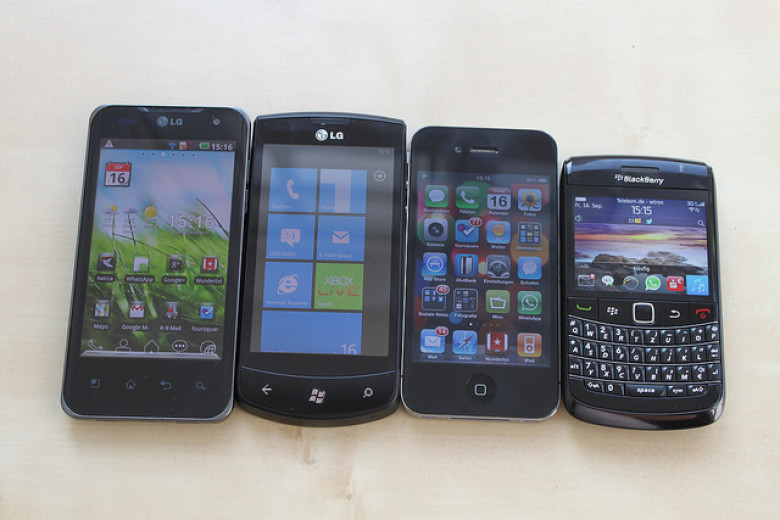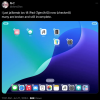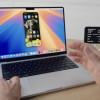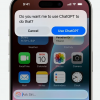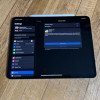Apple and Android, the slow Pall Bearers to RIM's eventual demise
After a worldwide outage left many BlackBerry customers without e-mail, IM, and Web browsing from Monday to Thursday last week, Research in Motion today unveiled its peace offering to customers: $100 worth of free apps to subscribers and one month of free technical support for enterprise customers. While the free software and services are nice gestures, the outage, which RIM acknowledged was the worst in its history, seems symbolic of the company’s slow downfall. RIM’s troubles are such that free copies of Bejeweled and The Sims 3 won’t be enough to restore the company to its former glory, to say nothing of assuaging fears that the company could have more outages down the road. In the cost/benefit analysis of going all in with RIM (and that's art of the problem, it's an all-in proposition), RIM has given IT shops plenty of reason to second- and third-guess.
RIM’s biggest problem is it is being left in the dust by the consumerization of IT. Business and consumer technology needs have uneasily coexisted for years, but consumerization is winning, and last week’s BlackBerry outage tips the scales even further. RIM has spent the past few years being pounded on the consumer front, and consumer smartphone preferences have brought millions of non-BlackBerry mobile devices into the enterprise. RIM was a hit with large corporations because of its robust enterprise support, uptime and security, and management tools that give IT shops the control they want over mobile devices. And let us not forget: in years past, RIM was the only game in town for quality mobile business smartphones. If you wanted a secure, mobile, scalable enterprise e-mail solution, chances are that RIM was being tapped to talk to your Exchange or Lotus Notes servers.














































